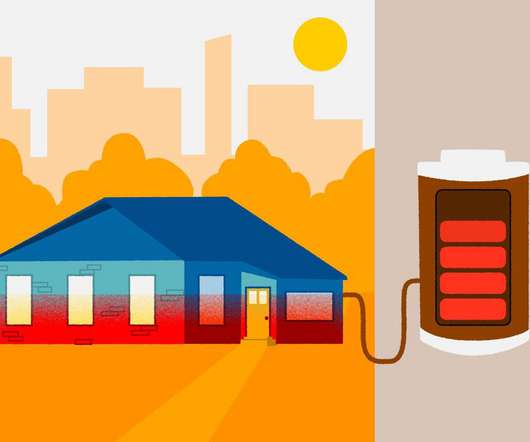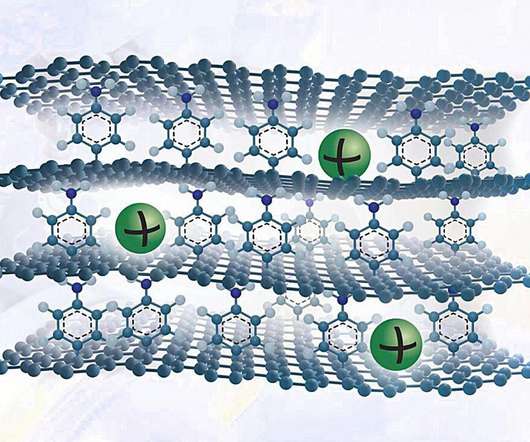ARPA-E launches $45M funding for advanced batteries for electric vehicles; EVs4ALL
Green Car Congress
MAY 3, 2022
Advanced batteries capable of safe, rapid charging are necessary to appeal to these Americans who are unable to charge cars at home for long periods of time. This will decrease the amount of time drivers spend at charging stations to as low as five minutes, while ensuring increased costs savings during each charge.

















Let's personalize your content